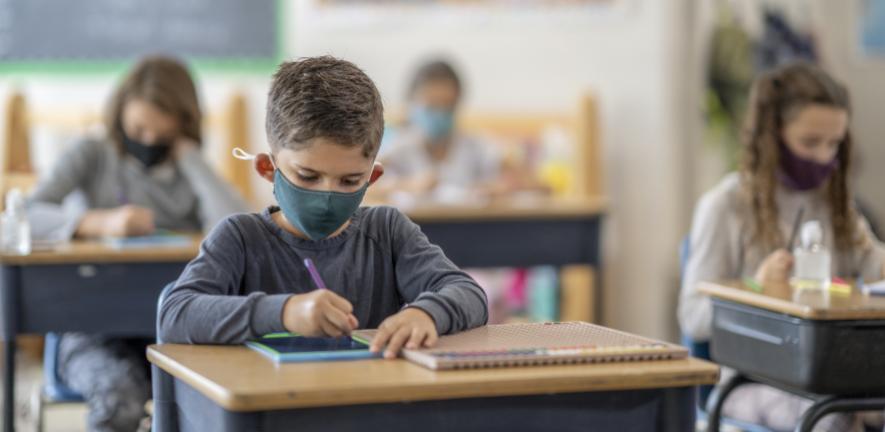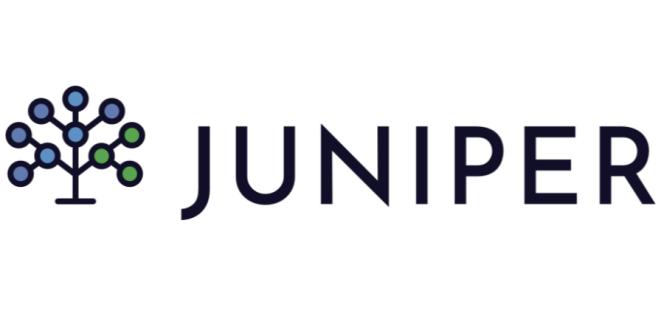
Background
The control of SARS-CoV-2 within the school setting poses a unique challenge. While policy makers must consider the impact that uncontrolled transmission within schools may have on transmission within the community at large, they must also consider the impact of restrictions to reduce within-school transmission on pupil absences, educational attainment, and other factors.
Since the beginning of the COVID-19 pandemic, a range of control measures have been introduced to control SARS-CoV-2 transmission in schools, from mask-wearing to regular mass testing to the isolation of close contacts. Correspondingly, a range of studies and approaches have been used to understand the effectiveness and impact of different control measures, from modelling studies to randomised controlled trials.
Understanding the true impact of different measures is paramount to the design of effective control measures within the school setting. This session aimed to synthesise what we have learnt about the impact of SARS-CoV-2 in the school setting and to identify the gaps in knowledge that are vital to answer going forward to plan better school-level control policies for SARS-CoV-2 and for future pandemics. Guided by links with the JUNIPER Consortium, this event was delivered by the RAMP Continuity Network, the follow-on to the Royal Society’s Rapid Assistance in Modelling the Pandemic (RAMP) initiative.
Aims and objectives
This one-day workshop aimed to reflect on the lessons learned about the study of SARS-CoV-2 control in schools, focussing on three broad categories:
- What impact does transmission within school settings have on transmission in the community?
- How effective are school-level control measures at reducing SARS-CoV-2 transmission within schools?
- What are the other impacts of SARS-CoV-2 transmission and control measures in schools?
Moreover, the workshop outlined the questions most needing answered and studies most needing to be undertaken in order to plan optimal policies for schools for COVID-19 and future pandemics. It will bring together researchers from a diverse range of disciplines, from mathematical modellers to social scientists to policy experts, to support the pandemic modelling community already working on COVID-19.
Programme and Registration
Registration is now closed. Programme is available to view from the event.


